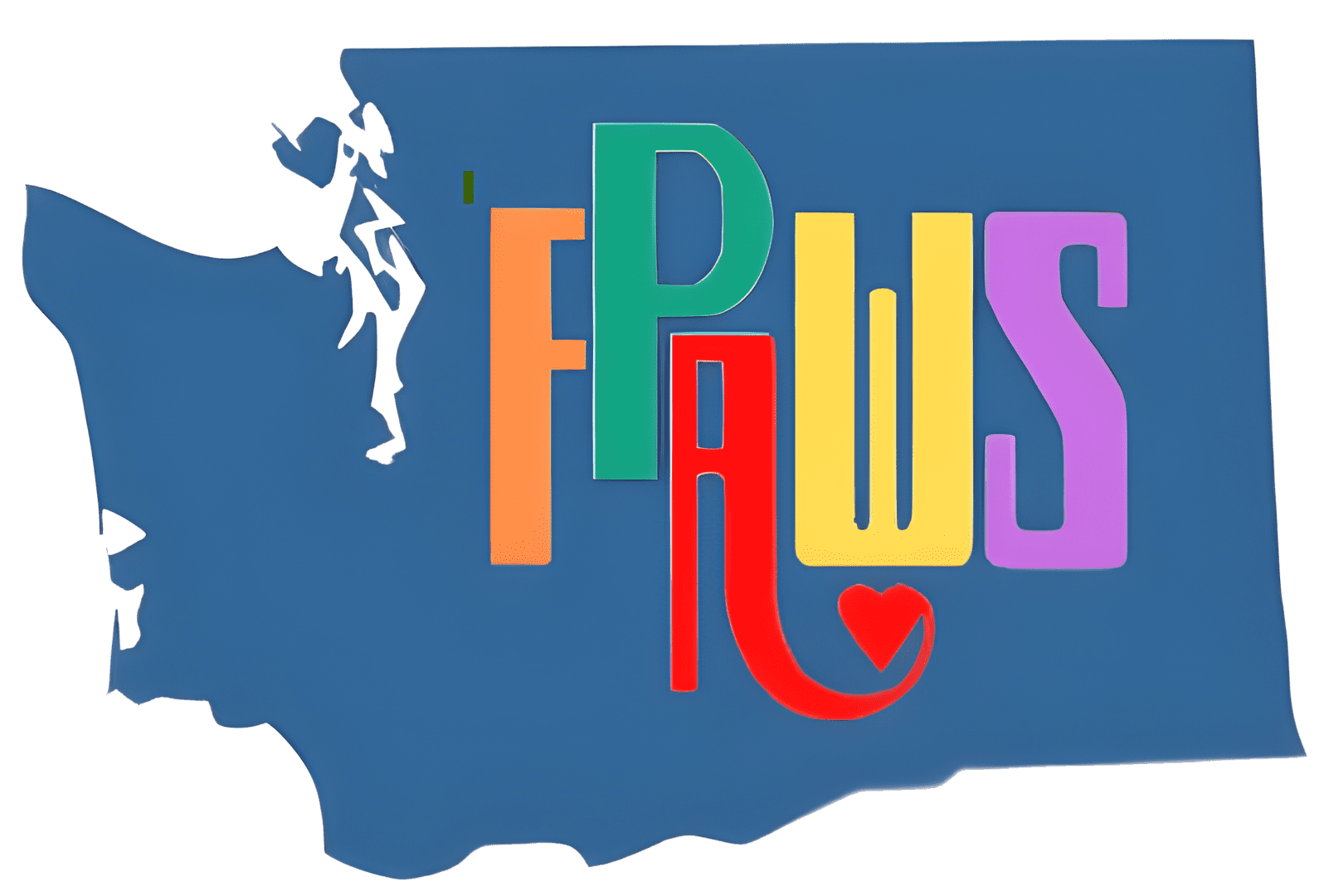Kids in foster care, almost by definition, have had traumatic experiences. As we are beginning to understand, this has significant impacts on their emotional, mental and even physical development. There are an increasing number of resources all over the place to learn more and enable trauma-informed care.
- A short written introduction to the topic, explaining why childhood trauma can cause problems as an adult
- ACEs: a standardized way to look at the level of trauma experienced by a child (like BMI, not always accurate at the individual level, but incredibly useful for comparing groups)
- The Body Keeps the Score: a classic book (1994) by a high profile author, widely but not universally praised: This book translates findings from neuroscience and attachment research to explore a range of potential treatments for traumatic stress. (book review, New York Times article about the author)
- A 2.5 hour Alliance class for [potential] adoptive parents (available as a live webinar or self-paced course) – Covers the impact of trauma, grief, loss and ACES (adverse childhood experiences) on development in adopted children, and exploring how to recognize behaviors related to these issues. This includes training on attachment and learning ways to strengthen your bond with the children in your care depending on their attachment style.
- “Child Trauma and COVID-19: An NCTSN Summit Supporting the Long-Term Recovery of Our Nation’s Children and Families – Sustaining Systems, Engaging Communities, & Transforming Care,” an upcoming online summit scheduled for July 27-28 by The National Child Trauma Support Network. The summit is an opportunity to think about some of the ramifications of what our vulnerable children and families have been going through these past 15 months — how the pandemic has impacted services; how specific groups have been disproportionally affected and how that will influence long-term recovery in their communities; and how providers, agencies, and systems have encountered challenges while trying to support recovery following the pandemic. You’ll also hear about innovative approaches that agencies and providers have initiated to address recovery challenges and support healing. Register here.
- It’s a big topic! If you want to cover it in depth with an instructor, the Alliance is offering an eight-part webinar course (!!) to cover it (they must be taken as a series): you can register here for the series beginning on August 3.
Caring for Children Who Have Experienced Trauma Part 1: Welcome and Introductions
Caring for Children Who Have Experienced Trauma Part 2: Trauma 101
Caring for Children Who Have Experienced Trauma Part 3: Understanding Trauma’s Effects
Caring for Children Who Have Experienced Trauma Part 4: Building a Safe Place
Caring for Children Who Have Experienced Trauma Part 5: Dealing with Feelings and Behaviors
Caring for Children Who Have Experienced Trauma Part 6: Connections and Healing
Caring for Children Who Have Experienced Trauma Part 7: Becoming an Advocate
Caring for Children Who Have Experienced Trauma Part 8: Taking Care of Yourself

